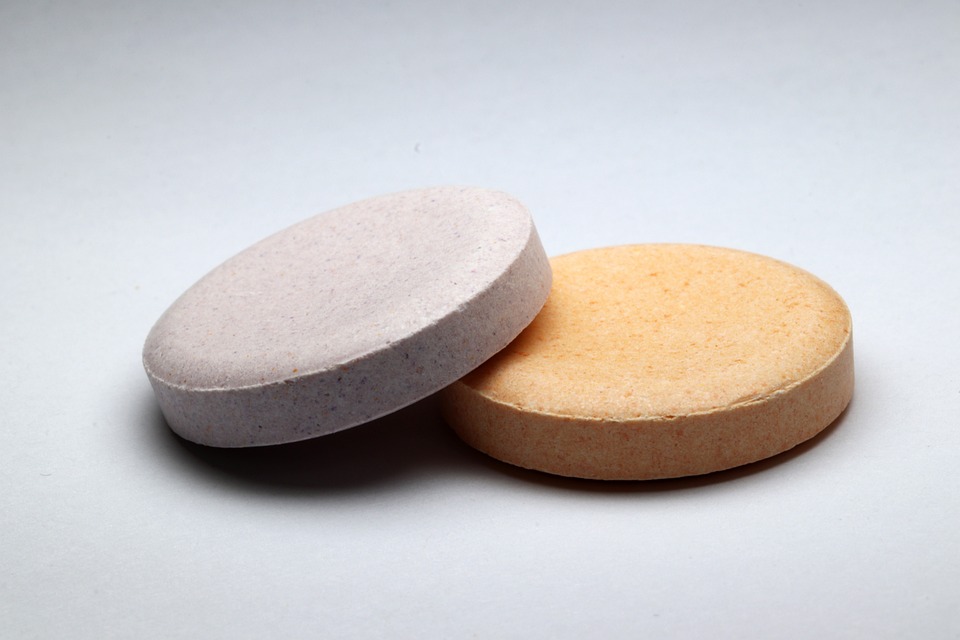The Impact of Pre-Workout Supplements on Mental Performance and Focus
For many individuals, working out is not just about physical exercise, but also a mental challenge. A successful workout requires not only physical strength and endurance, but also mental toughness and focus. Pre-workout supplements have become increasingly popular among fitness enthusiasts, promising to enhance physical performance, endurance, and recovery. But what about their impact on mental performance and focus?
The Science Behind Mental Performance and Focus
During exercise, the brain undergoes significant changes in neurotransmitters, hormones, and blood flow. The optimal mental state for exercise requires a delicate balance of arousal, attention, and emotional regulation. Pre-workout supplements can influence these mechanisms, either positively or negatively, depending on their ingredients and individual responses.
Caffeine and its Effects on Mental Performance
Caffeine is one of the most common active ingredients in pre-workout supplements. As a stimulant, it increases alertness, attention, and arousal, which can be beneficial for exercise. A study published in the Journal of Strength and Conditioning Research found that caffeine supplementation increased muscle contraction force and decreased perceived exertion during a high-intensity exercise task. However, excessive caffeine intake can lead to negative effects, such as anxiety, jitteriness, and decreased focus.
Beta-Alanine and its Role in Mental Performance
Beta-alanine is another common ingredient in pre-workout supplements, known for its ability to increase muscle carnosine levels. Higher carnosine levels delay the onset of fatigue and improve high-intensity exercise performance. Research suggests that beta-alanine supplementation may also enhance mental performance, including attention and focus, by increasing the activity of neurotransmitters such as GABA and glutamate. A study published in the Journal of the International Society of Sports Nutrition found that beta-alanine supplementation improved cognitive function, including reaction time and attention, in healthy adults.
Other Ingredients and their Impact on Mental Performance
Other ingredients in pre-workout supplements, such as L-tyrosine, L-theanine, and N-acetylcysteine (NAC), may also influence mental performance and focus. L-tyrosine is a precursor to neurotransmitters like dopamine and norepinephrine, which are involved in motivation and arousal. L-theanine is an amino acid found in green tea, known for its ability to promote relaxation and reduce stress levels. NAC is an antioxidant that may help protect the brain from oxidative stress.
Individual Variability and Response to Pre-Workout Supplements
It’s essential to recognize that individuals respond differently to pre-workout supplements, and some may experience negative effects or no benefits at all. Factors such as dosage, individual tolerance, and fitness level can influence the outcome. Additionally, some ingredients may interact with medications, such as blood thinners or antidepressants, so it’s crucial to consult with a healthcare professional before adding any supplements to your regimen.
Conclusion
Pre-workout supplements can have a significant impact on mental performance and focus, both positively and negatively, depending on their ingredients and individual responses. While some ingredients, such as caffeine and beta-alanine, may enhance mental performance and focus, others may not have a significant effect. It’s essential to research the ingredients, dosage, and potential interactions before using pre-workout supplements, and to consult with a healthcare professional if you have any concerns. By optimizing mental performance and focus, pre-workout supplements can help individuals achieve their fitness goals and enhance their overall exercise experience.




GIPHY App Key not set. Please check settings